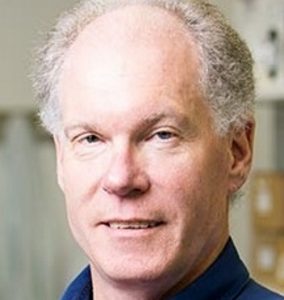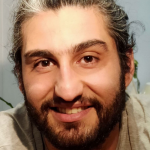
Diagnosing multiple sclerosis (MS) is complex and often relies on exclusion of other diseases rather than having a specific test for MS. Diagnosis is based primarily on magnetic resonance imaging (MRI) and clinical history. Once MS has been diagnosed, monitoring disease activity is also challenging and similarly relies heavily on MRIs. MRI cannot predict the development of new brain lesions or relapse in advance, but only reflects disease activity once it has occurred. More recent developments to monitor disease activity in MS include blood tests for levels of a protein called neurofilament light that reflect damage to the central nervous system. These tests, however, are not specific to MS, and will detect any damage to the brain and spinal cord, which can hamper their interpretation when it comes to diagnosing and monitoring MS.
This project will investigate whether “cell free DNA” (cfDNA; or DNA floating in body fluids) has potential as a new biological marker or “biomarker” of disease activity in MS. The team will use a test for three specific cfDNAs that are unique to oligodendrocytes, the brain cells that are the target of the autoimmune attack in MS. They will test whether these are higher in the cerebrospinal fluid (fluid of the brain and spinal cord) and the blood of people with MS than in another (unrelated) neurological disease. They will also test whether these cfDNAs are more specific to MS than neurofilament light (biomarker of nerve damage), and whether their levels are related to MS severity or predict current or future disease activity.
It is hoped that improved monitoring of disease activity will ultimately enable prevention or better management of disease relapses, thus minimising irreversible damage to the brain and spinal cord.
In their research, Professor Rodney Scott and his team encountered two significant findings. Firstly, they discovered that the initial basis of their study, which relied on previously published data, could not be replicated. They faced challenges in determining the reference sequence used to describe one of the genes, which turned out to be a segment of genomic DNA with no known function rather than an actual gene. Secondly, the study revealed that their method of using ddPCR, a highly sensitive technique, was not the most appropriate method for detecting certain differences in the target molecules. As a result, the researchers began exploring markers specifically for glial cells, a type of brain cell, that had not been previously considered. They identified a new gene that shows promise as a potential marker for differentiating between glial cells and neurons, which will be further investigated in future studies.
During the last year, the team tested the hypothesis that the three genes reported in the literature could be used to identify cell death in MS. However, the results showed that these three genes were not specific enough to reliably differentiate between people living with MS and people without MS. As a result of this work, a new highly specific gene has been identified, which is currently undergoing further investigation.
Updated 31 March 2023
Updated: 19 January, 2021

Laboratory research that investigates scientific theories behind the possible causes, disease progression, ways to diagnose and better treat MS.

Research that builds on fundamental scientific research to develop new therapies, medical procedures or diagnostics and advances it closer to the clinic.

Clinical research is the culmination of fundamental and translational research turning those research discoveries into treatments and interventions for people with MS.

